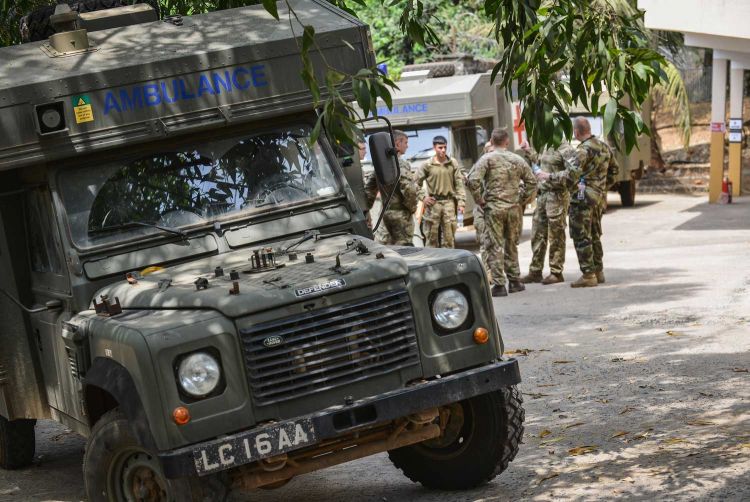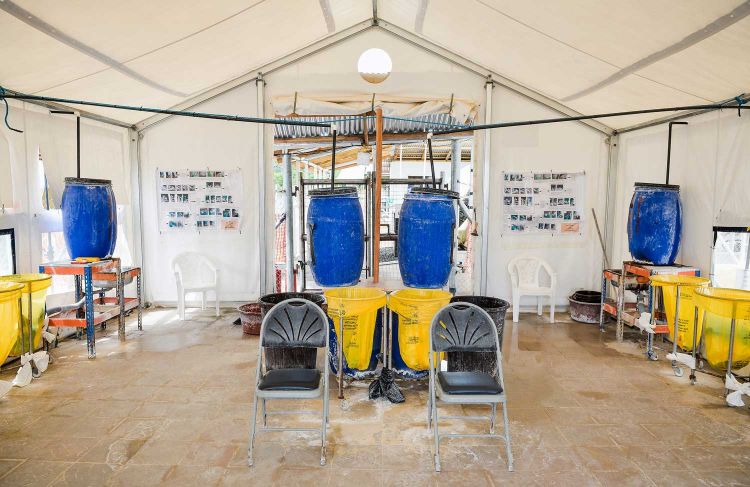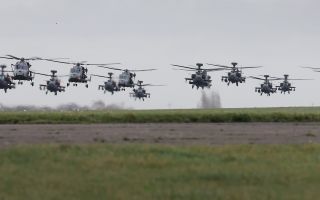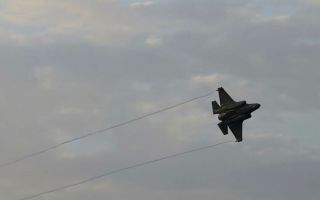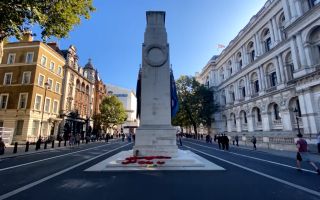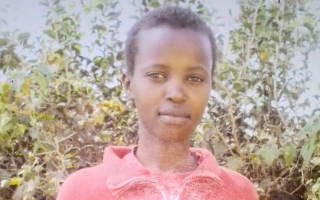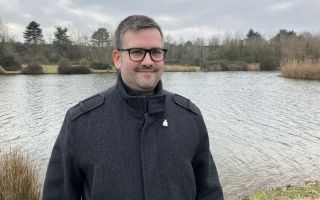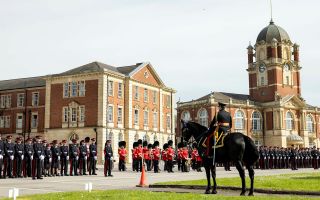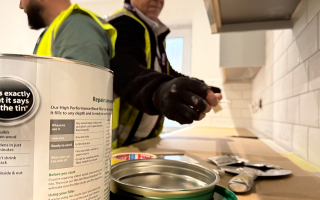Tri-Service
Sierra Leone Declared Ebola Free
By Carla Prater
The Foreign Secretary has praised the efforts of British military personnel who helped to curb the Ebola outbreak in Sierra Leone, with the country declared free from the virus after 42 days with no new cases.
Philip Hammond said they demonstrated the ultimate compassion to travel to the affected areas and tackle it head on.
Just eight British personnel remain in the country, with the World Health Organisation confirming the country is now rid of the disease.
It’s the day many feared would never come. Sierra Leone, finally free from Ebola.
Just over a year ago, the country was at the peak of its epidemic.
Now the World Health Organisation has confirmed the country is free from the disease, having seen no new cases of the virus in over 42 days.
It’s an announcement which many will celebrate, not least the military personnel who were deployed to help.
More from Forces TV: The Fight Against Ebola: Operation Gritrock
More than 1,500 British personnel were deployed to help curb the outbreak. Now, just eight remain helping the country stay clear from the virus.
Ebola was first reported in Sierra Leone in May 2014, spreading quickly from Guinea.
In July, a state of emergency was declared, but the outbreak was spreading fast.
By October more than 1,000 people were diagnosed, one report estimating that five people were being infected every hour.
When international efforts began, the UK committed £427 million pounds in response, sending over the Royal Navy’s RFA Argus, personnel from the Royal Engineers and medics to provide training, beds and protective equipment.
In total, British personnel built six treatment centres, trained over 4,000 care workers and delivered 2,800 tonnes of aid.
It’s estimated 56,000 Ebola cases were averted as a result.
Despite the efforts more than 3,500 people were killed in Sierra Leone, 221 of them health workers.
More from Forces TV: "British Military's Efforts Helping Curb Spread of Ebola"
British Army Nurse, Corporal Anna Cross was among those who caught the virus but later recovered.
Civilian nurse Pauline Cafferkey is still in hospital after recovering but later contracting meningitis.
The announcement might be welcomed by many but the disease hasn’t been eradicated altogether with Sierra Leone’s neighbour Guinea is still reporting new patients.
It is news to celebrate with cautious optimism.
A lot is still unknown about the virus which could resurface all too easily again.
